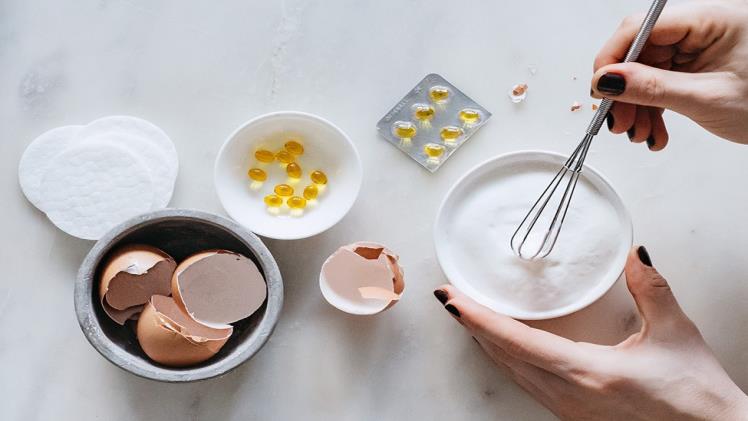DIY Beauty – How to Ensure Your DIY Beauty Recipes Are Safe and Effective

DIY Beauty is an emerging trend among beauty vloggers and social media users who have discovered the advantages of making their own cosmetic items. According to these individuals, homemade products are far more beneficial, healthier, and safer than anything you can purchase at the store.
However, when creating your own cosmetics there are a few things you should take into consideration. First and foremost, avoid products with ingredients which could irritate or sensitize your skin.
Secondly, only use natural ingredients rather than synthetic ones in your beauty products. Be especially wary of synthetic preservatives and fragrances which may irritate skin.
The good news is that there are plenty of safe and effective ingredients you can use in DIY beauty recipes. For instance, avocado oil is an ideal ingredient to incorporate into any skincare regimen as it works wonders on all skin types.
This oil can be used in a range of beauty products, from hair masks to moisturizers. Its anti-inflammatory and antioxidant properties help combat aging, dryness and oily skin.
Coconut oil is another key DIY beauty ingredient, which can be used as a makeup remover, facial cleanser and hydrating body lotion. It’s especially beneficial for those with sensitive or inflamed skin types.
You can find many DIY beauty recipes online, but it is important to test them first for potential damage or skin irritants. According to Dr. Anthony Rossi, a board-certified dermatologist and global expert on skin health, “Caustic substances like lemon juice or tea tree oil can irritate your skin and cause chemical burns,” which should always be avoided.”
nickfinder | fonts for instagram | Shayari | Drama | The Techno Tricks
To guarantee the safety of your DIY beauty recipes, only use certified organic ingredients and avoid any harsh or caustic agents. For instance, never mix lemon juice into lip balms or salves as this can irritate the skin and lead to post-inflammatory hyperpigmentation – an unwanted skin reaction.
Additionally, always use a quality preservative or carrier oil when creating DIY cosmetics. Without these, your DIY products could go rancid quickly and cause various skin issues.
Aside from these tips, it’s important to be aware that many DIY beauty recipes use basic household ingredients. It is wise to check their safety before applying them directly onto your skin; an improperly prepared or preserved home remedy could lead to mild irritation to full-blown skin infection as well as free radical action.
To be certain your DIY beauty products are safe, check the Environmental Working Group website for an exhaustive list of chemicals commonly found in cosmetic products. It also serves as a great educational tool on essential oils and botanical extracts.
